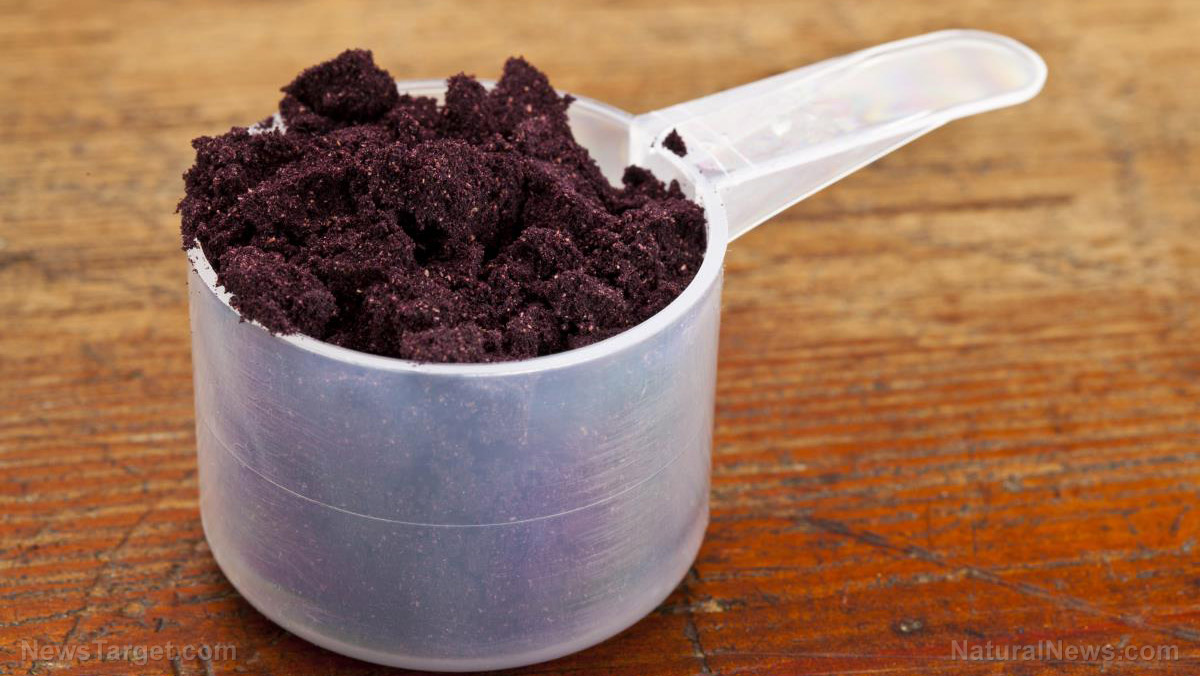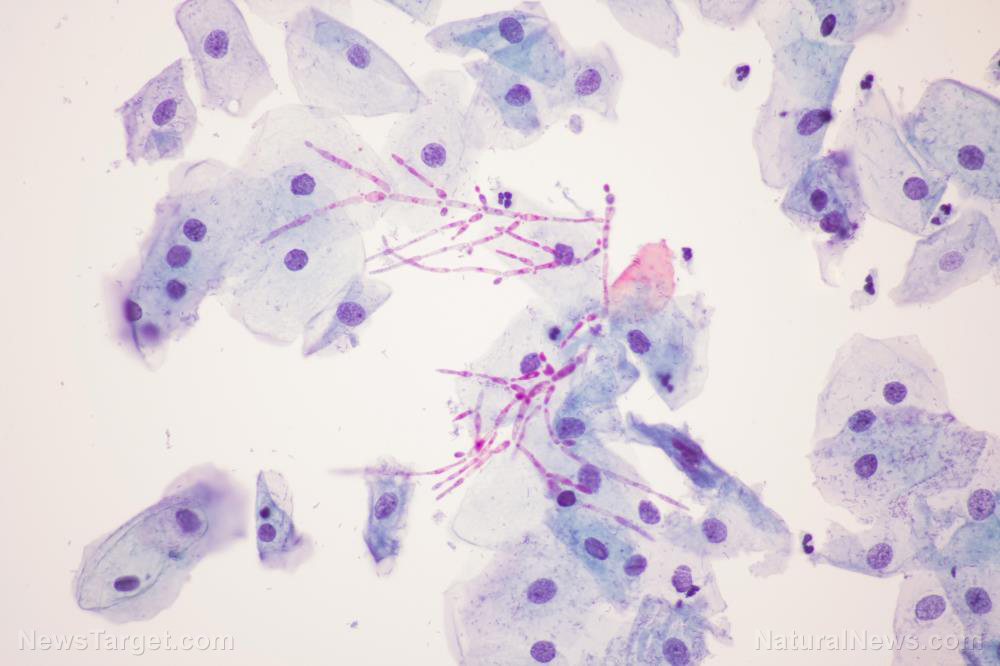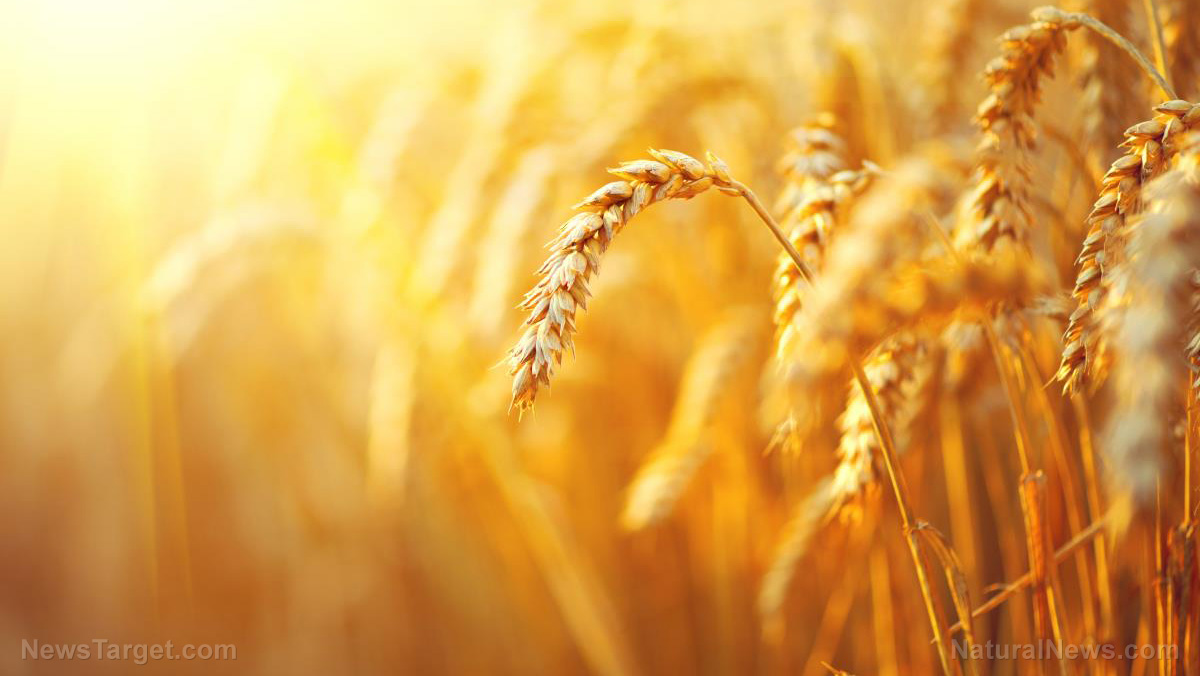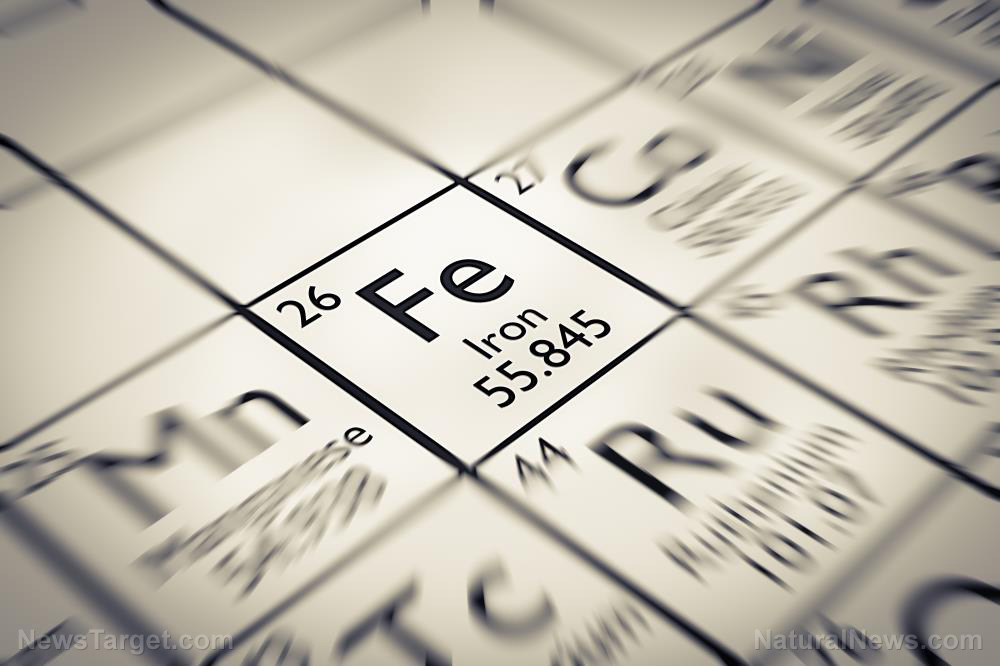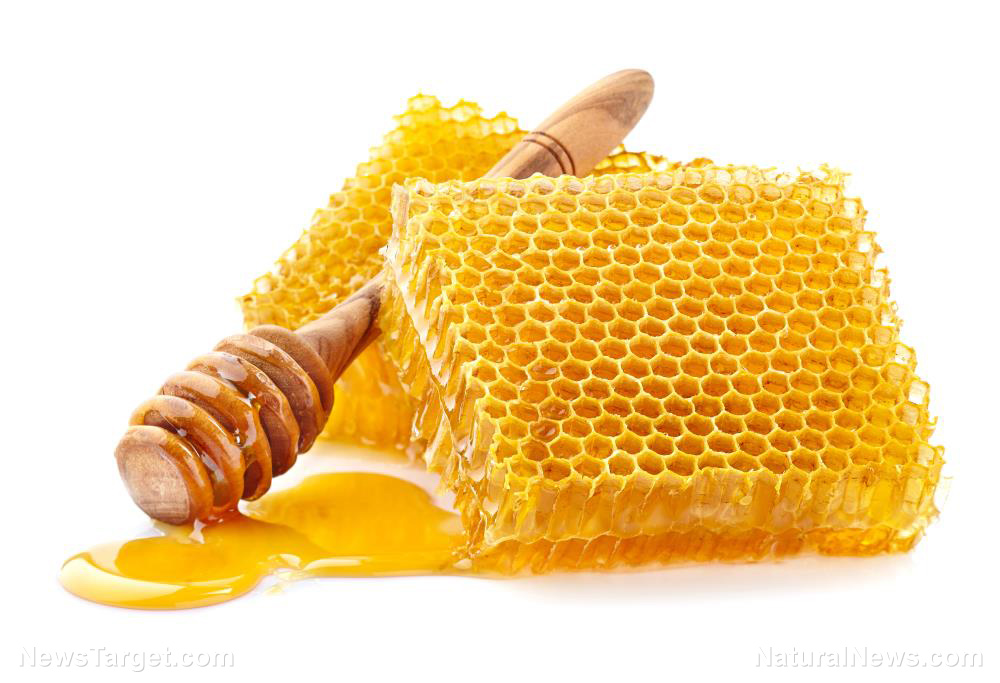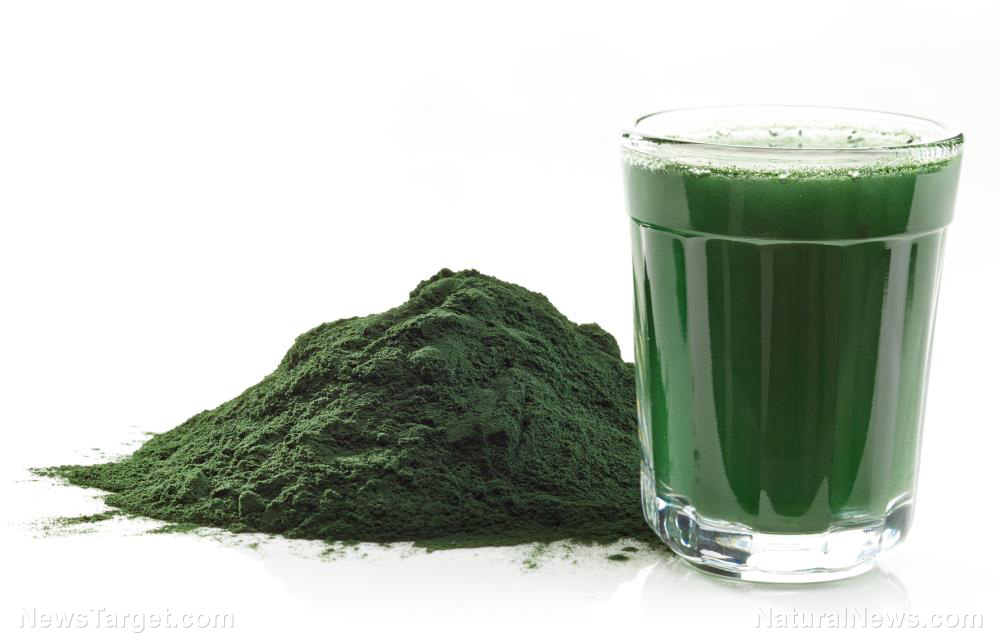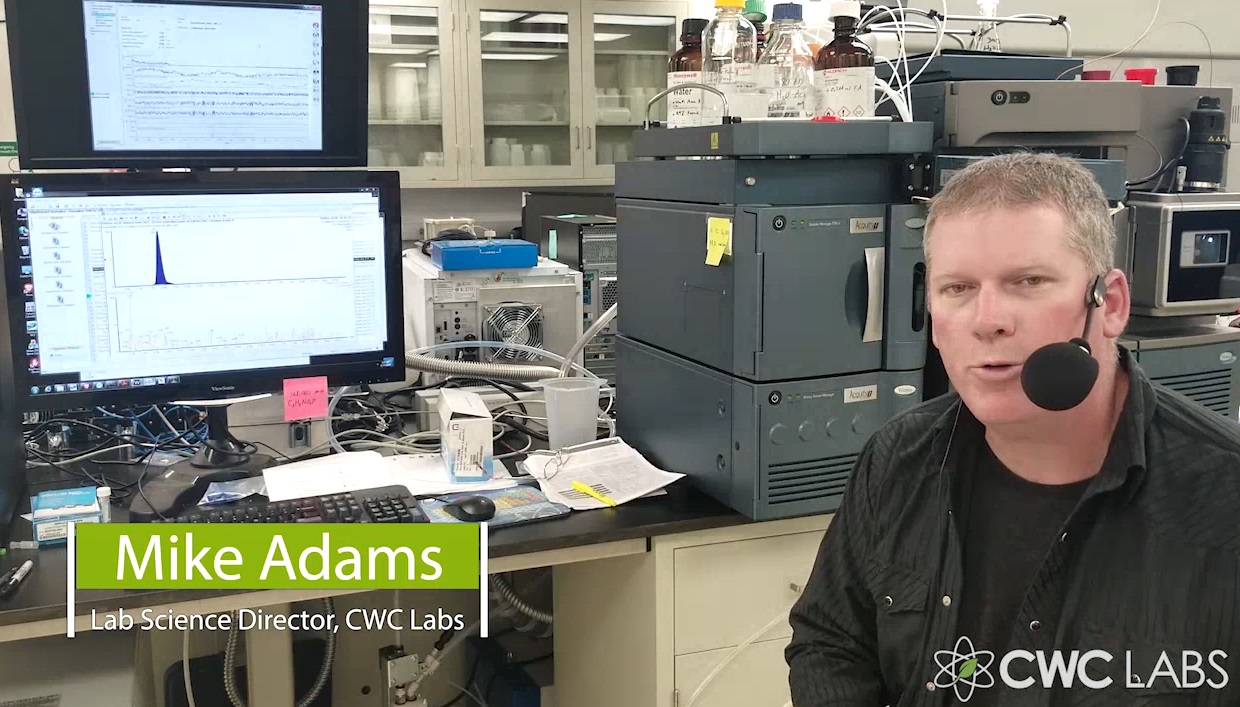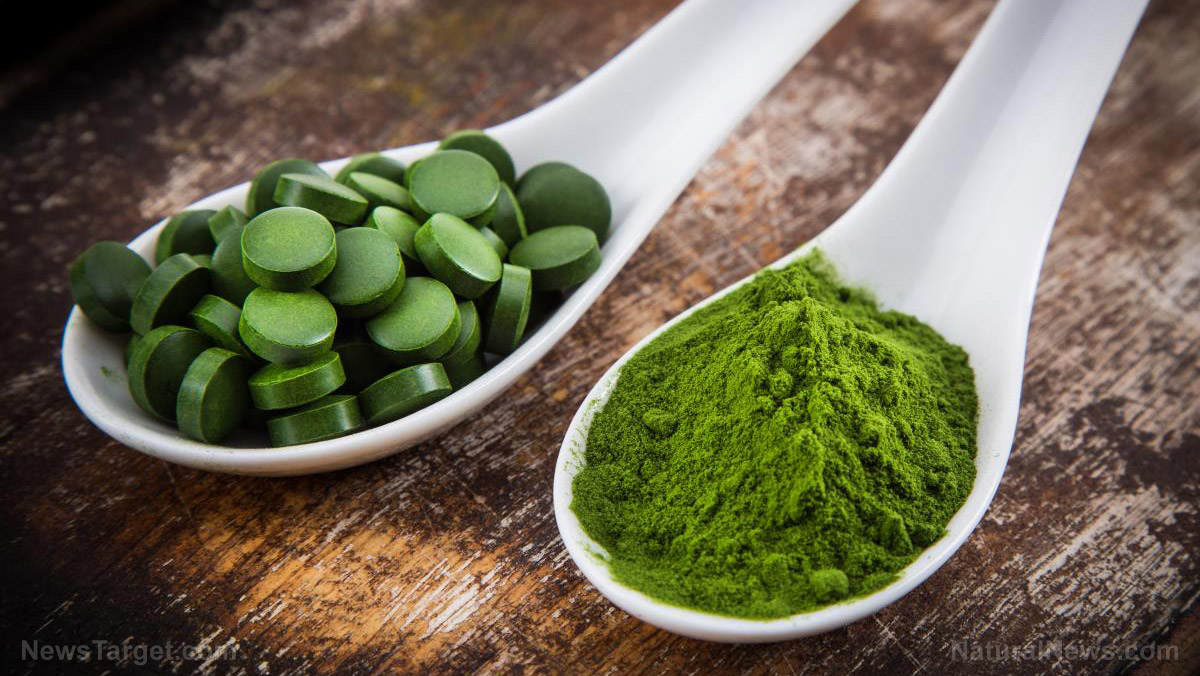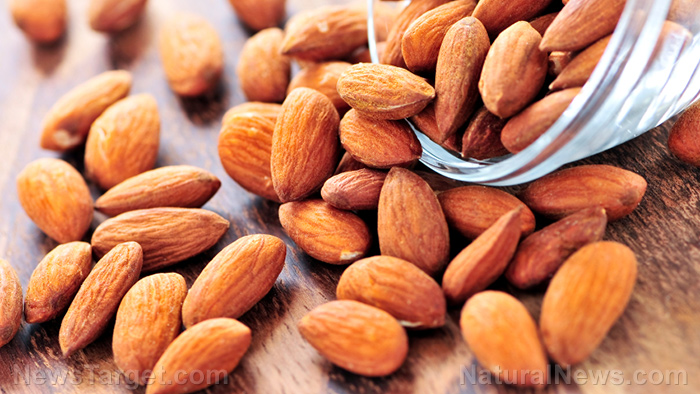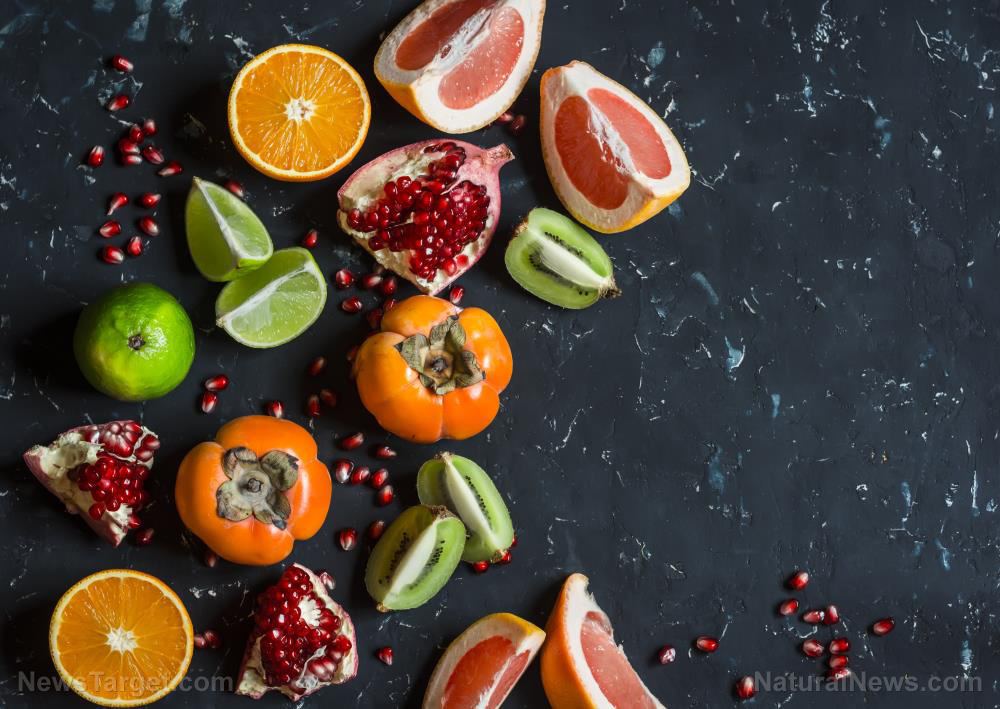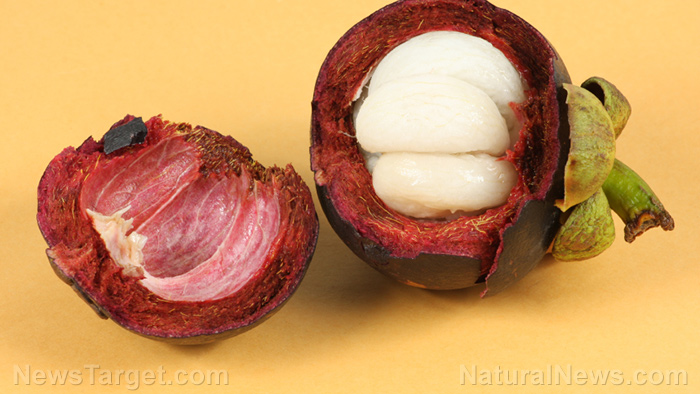Natural chemicals produced by vegetables like kale and broccoli help maintain a healthy gut and prevent colon cancer
11/18/2018 / By Isabelle Z.
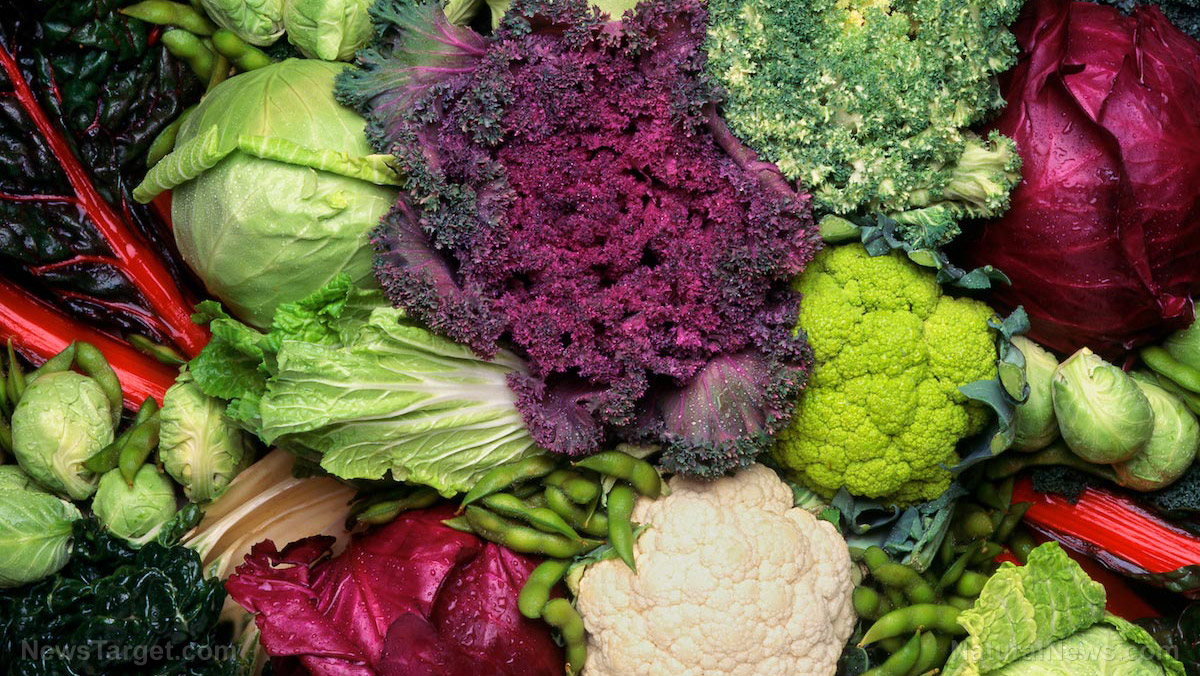
Cases of colon cancer are on the rise, which is bad news considering it’s the second leading cause of cancer death in adults in the U.S. How can you avoid being one of the 97,220 new cases of colon cancer expected this year?
While there is a genetic component to colon cancer that you can’t really get around, there is still plenty within your control. Regular screening remains crucial to catch cancer that has already developed, but when it comes to keeping it from occurring in the first place, diet can have a big impact.
You might have heard that consuming fiber is important, but now there’s something else you can add to that list: vegetables from the Brassica genus like kale, cabbage and broccoli. According to a new study carried out by researchers from the Francis Crick Institute, a compound our body produces upon digesting such vegetables can protect not only from gut inflammation but also colon cancer.
The compound, known as indole-3-carbinol, or I3C, works by activating a protein known as the aryl hydrocarbon receptor (AhR). AhR passes signals to the immune and epithelial cells that line the gut to protect it from inflammatory reactions to gut bacteria.
The researchers found that when mice ate a diet that was enriched with I3C, they didn’t develop cancer or even inflammation; when those who were already developing colon cancer were switched to I3C-rich diets, they ultimately developed significantly fewer tumors, and those that did develop were also more benign.
They said that in the absence of AhR, intestinal stem cells don’t differentiate into the specialized epithelial cells responsible for creating protective mucus and absorbing nutrients. Instead, they start dividing uncontrollably, which can cause colon cancer.
The researchers said they were surprised to see how profoundly diet could impact gut inflammation and colon cancer. Thankfully, adding such foods to your diet can restore epithelial cell differentiation, boosting intestinal infection resistance and stopping colon cancer from forming.
Next, the researchers would like to carry out tests on organoids derived from biopsies of the human gut, and if that’s successful, they’d like to eventually move on to human trials. They say there isn’t much information available on which vegetables work best in protecting against cancer, so they’d like to explore the connection further. Their findings were published in the journal Immunity.
While studies continue, the researchers emphasize that it’s never a bad idea to eat more vegetables. They also pointed out that even those who don’t have a genetic risk factor for colon cancer can develop the disease if their diet is lacking in vegetables.
What is the Brassica vegetable family?
The study focused on the Brassica family of vegetables, which are also known as cruciferous vegetables. They’ve gotten a lot of attention for the phytochemicals they contain, especially glucosinolates, which have been linked to a reduced risk of developing several types of cancer.
Some of the vegetables in this category include cabbage, broccoli, cauliflower, Brussels sprouts, kohlrabi, kale, collard greens, mustard greens, cauliflower, and turnips.
Consuming these vegetables raw is ideal, although it’s far more practical to eat raw mustard seeds mixed into salad or raw broccoli – perhaps dipped in hummus – than, say, raw Brussels sprouts. Experts warn that boiling these vegetables might reduce their health-boosting compounds, but stir-frying and steaming don’t appear to have this effect.
Brassica vegetables aren’t usually at the top of most people’s list of favorite vegetables when it comes to flavor, but their health benefits certainly make them a lot more palatable.
Sources for this article include:
Tagged Under:


